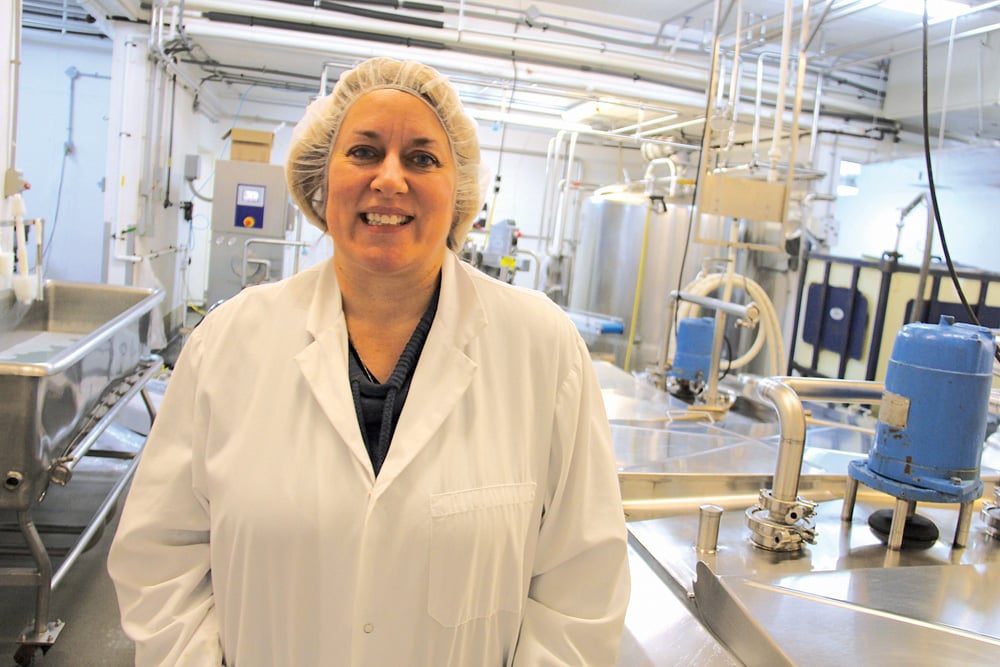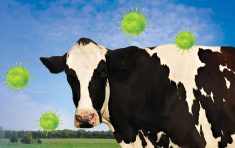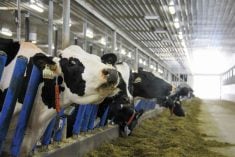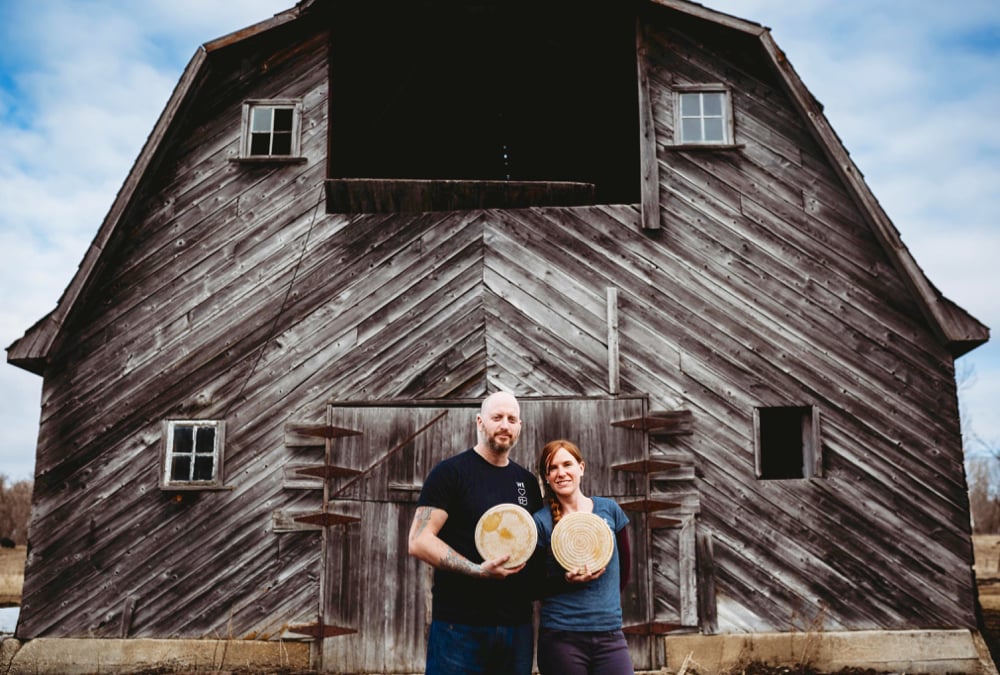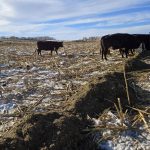Manitoba’s first on-farm milk producer turned food processor is making a big move as 2016 begins.
Lisa Dyck, who launched Cornell Creme gourmet ice cream made from milk from her family’s Anola-area farm’s 120-cow dairy herd in 2013 is moving her production to the Notre Dame Creamery.
She’s made her popular line of ice-cream flavours until now at the University of Manitoba’s Dairy Pilot plant.
“This is leaps and bounds for us. It’s a huge step to growing our business,” Dyck said, of the co-packaging agreement she’s made with the federally inspected creamery.
Read Also

Students push for Manitoba road upgrades
Manitoba’s lack of higher-rated RTAC roads creates irritating highway detours and weight restrictions for farmers, University of Manitoba students told KAP.
She’s purchased her own specialized ice-cream-making equipment, including freezers plus a machine to automate the packaging at the site.
It will enable her to quadruple production and that means now reaching more stores across Manitoba and possibly Saskatchewan and Alberta. It will allow her to produce a more consistent supply.
Until now, the only complaint about Cornell Creme’s lines of rich-tasting ice cream is that it sells out too quickly.
“This will be beneficial to our customers,” she said. “At the university we were doing about 200 litres per hour of product and here we’ll be doing around 800 litres per hour of finished product. It’s a lot more efficient. Our costs will come down and we’ll be able to build up inventory which is super important.”
Dyck was virtually an overnight success with her first five flavours of ice cream when her first products hit store shelves three years ago. Customers fell in love with the product, but that meant selling out as quickly as stores could stock her product with names like Raspberry White Chocolate, Lemon Meringue and Blueberry Lavender Dream.
That success has meant long hours for the food entrepreneur, spent inside the university’s dairy plant making ice cream as fast as she and students helping her could make it. But they still can’t make supply match demand.
The move to Notre Dame has been in her mind basically since the start, she added.
The federally inspected Notre Dame Creamery is Manitoba’s only privately owned creamery — and one of few left anywhere in rural Canada — making butter at its original location since St. Boniface Dairy built it in 1921. More recently the plant has diversified into organic milk and organic kefir production. It has been owned since 1980 by Guy Roch.
Dyck said being able to rent space at the creamery enables an expansion for her company that would otherwise be prohibitively expensive.
“It’s a way to grow our production line and take on more stores without having to go into such heavy-duty investment with capital equipment,” she said. “If you were going to build this kind of plant from the ground up you’re looking at millions of dollars, whereas we’ve been able to keep this (expansion) under $500,000 at this point.”
Dyck said she will have milk shipped from their farm at Anola — they continue to utilize only their own production at this time — but won’t need to make the trip herself so often.
“This will allow me to focus mainly on my business and then have time for everything else in my life,” she said. She also plans to hire some help for sales and marketing.
But she’s not done experimenting with new flavours and plans to continue that work at the university plant, where she’ll also keep producing some of her existing 14 flavours.
The Dycks’ cow herd remains the only milk supply needed, despite this expansion.
“It doesn’t take that much milk to make ice cream,” she said, adding that her volumes of finished ice cream at the plant won’t be huge either.
“We may only max out at 10,000 litres a month,” she said. “This is big for us and a huge leap. But I’m still considered a small processor. This is a niche market.”


